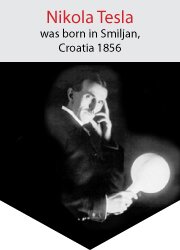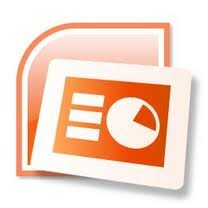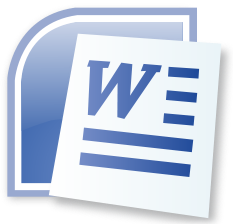For Authors
Presentation template
The usage of the EUROCON template for the presentations is recommended. The template can be found here.
Paper submission
All submissions have to be made using the ConfTool. When submitting a paper, please use MS Word and LaTeX templates available on the right hand side.
All papers presented at the conference will be included in the IEEE Xplore database. For this reason authors will be required to complete a digital IEEE Copyright during the final submission process.
Contributing authors should submit a full-length paper in not more than 8 pages in A4 format (210 x 297 mm, 8.27 x 11.69 inches). Authors submit their paper in pdf format exclusively. No other format in the submission and in the final version can be accepted. The template has to be followed strictly since any paper submitted in a different form will not be reviewed.
All submitted papers must be IEEE Xplore compatible. The instructions for manually creating an IEEE Xplore compliant pdf file are available here. Convenient tool for creating IEEE Xplore compatible pdf files is IEEE PDF eXpress.
In order for a submission to be published in Conference Proceedings and IEEE Xplore, at least one of the authors has to be a registered attendee and present the paper.
Using IEEE PDF eXpress:
- Go to the PDF eXpress web site.
- If you are a new user, create a new account by clicking on "New Users - Click Here" link or else enter your login and password if you already have an account (you will still need to create a new account for the conference, however most of the details can be retained).
- Enter “eurocon13x” in the Conference ID field.
- Continue to enter information as prompted. Once finished, you will receive an email confirming the successful creation of your account.
- Through your PDF eXpress account, you may submit your source application files for conversion to PDF, and/or submit PDFs for checking. You will have the opportunity to revise your submission if you are not satisfied with the PDF that PDF eXpress creates for you, if you find mistakes in your manuscript, or if your PDF fails the PDF Check.
- Note that you still need to submit your paper to our submission website once your file compliance is confirmed.
Topics
The scope of the conference includes but is not limited to the following topics:
Information and Communication Technology:
Internet Services and Applications, Future Internet, Wireless and Mobile Communications, Network Convergence, Multimedia Communication Systems, Quality of Service and Quality of Experience, High Performance Networking, Optical Systems and Networks, Network Design and Optimization of Communication Systems, Network Performance Evaluation, Multiagent Systems, Intelligent Systems, Sensor Networks, Distributed Embedded Systems, Software Engineering, Cloud Computing, Security
Circuits and Systems for Signal Processing:
Analog and Mixed Circuits, RF Circuits, Low Power Circuits, VLSI Circuits and Systems, Device and Circuit Modeling, Design for Testability, Distributed Circuits, Reconfigurable Architectures, High Level Synthesis, Hardware and Software Co-design, Signal, Image and Video Processing and Analysis, Pattern Recognition, Multimedia, Distance Learning, Sensors and Transducers, MEMS, Biomedical Systems, Human-Computer Interaction, Robotics, Neural Networks, Fuzzy Logic
Power Resources and Systems:
Power System Planning and Management, Power System Modeling and Simulation, Control Methods and Real Time Operation, Power System Operation and Control, Modern Technology and Computation Techniques, Transmission and Distribution Systems, High Voltage Engineering, Distributed Generation, Smart Grid Policies, Regulatory Issues and Standards, Renewable Energy Sources and Technologies, Hydrogen, Fuel Cells, Energy Carriers and Storage, Deregulation and Electric Power Market, Power Quality, Electric Machines and Electric Vehicles, Electricity Demand, Smart Grid and Smart Energy Systems, Power Electronics, Energy and Environment, Sustainable Development, Transition Towards a Low Carbon Energy System, Smart Cities and Energy in Buildings: From Efficient Buildings to Smart Cities, Integrated Heating, Cooling and Electricity Systems, Energy and Economy, National Energy Systems and Energy Policy, Energy Planning Tools, Electricity Market Policies, Structures and Rules, Energy Efficiency and Energy Management Systems, End-use Customers, Demand-Side Management, Advanced Metering Infrastructure, Engineering Education








